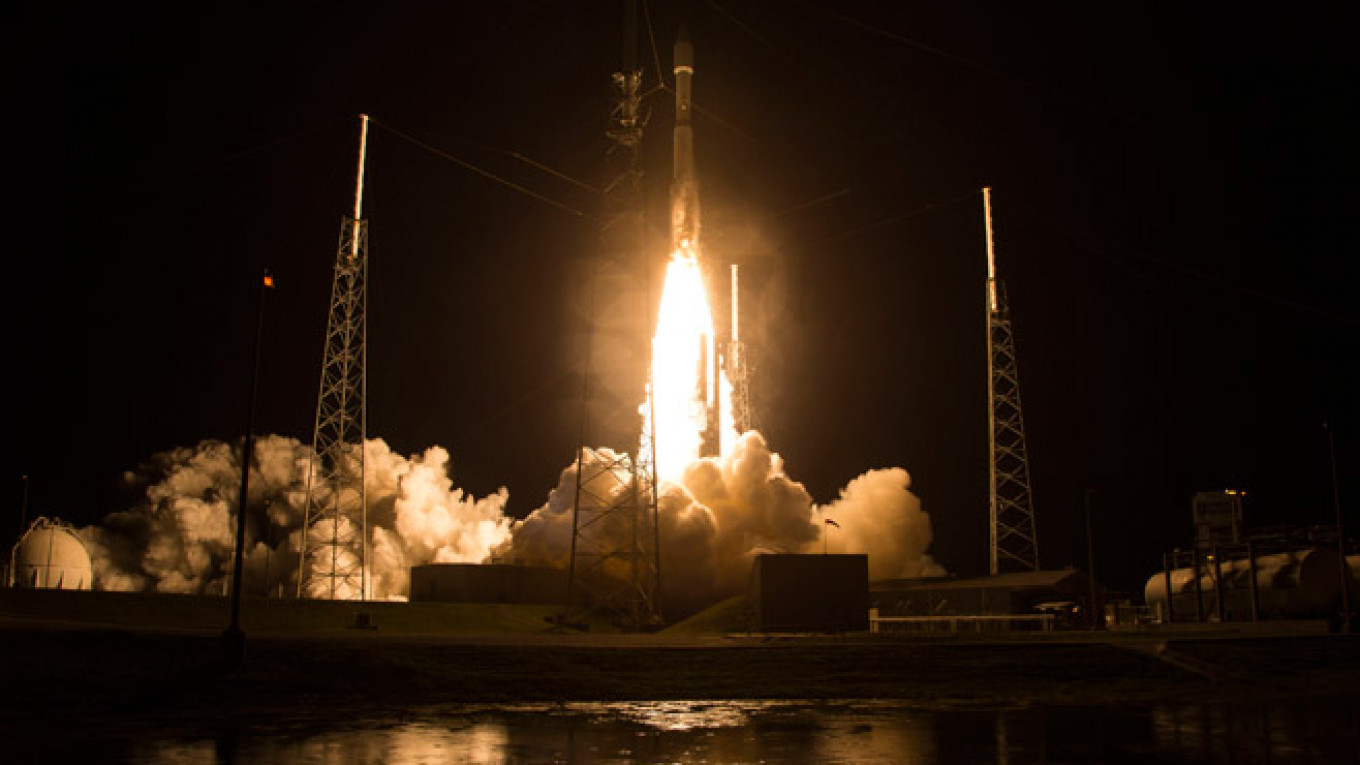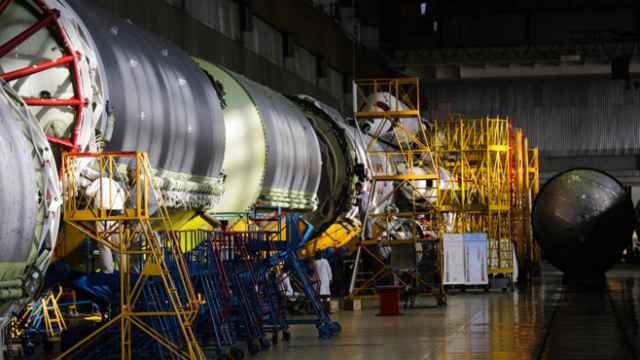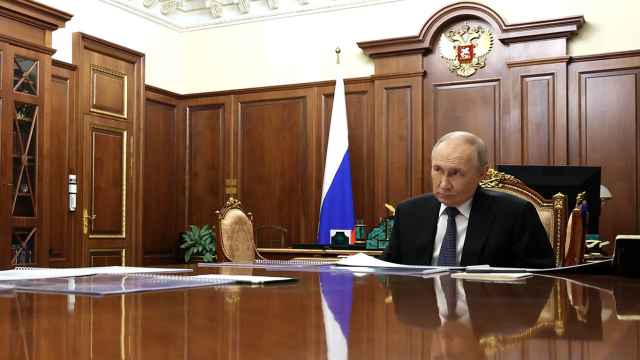U.S. space rocket manufacturer United Launch Alliance is pressuring the U.S. Congress to lift a ban on Russian rocket engines, an embargo which it says is hurting its ability to compete against up-and-coming U.S. launch providers, industry publication Defense News reported Monday.
The move is being made indirectly, with the company declaring it will retire the one rocket it sells powered by an engine made in the U.S. — the Delta IV — and offer only the Atlas V, which uses Russian RD-180 engines.
The move challenges Congress's decision in December to ban any future purchases of the Russian engines, a move designed to protect the U.S. space program amid worsening ties with Moscow over the Ukraine crisis.
As part of the ban, Congress ordered that the engines for the Atlas V, which provides primary access to space for military and other national security spacecraft, be replaced by 2019, when ULA's stockpile of the Russian engines are exhausted.
Taking this into consideration, ULA's decision to retire the Delta IV rocket is a shrewd move by ULA to force the U.S. Congress to reconsider its RD-180 ban.
ULA's retirement of the Delta IV was made possible by newcomer to the space launch game, Space X, which is on course to be certified for Air Force launches later this year.
Space X's rocket, however, cannot be used for all launches as the Air Force has a requirement that two different launch platforms are available for service at any given time.
While United Launch Alliance has launched an internal development program for a replacement to the venerable RD-180, the U.S. Air Force believes it may not be ready by 2019.
"You're looking at six years, maybe seven years to develop an engine, and another year or two beyond that to integrate," Air Force Secretary Deborah Lee James was quoted by Defense News as saying last month.
News agency Reuters on Tuesday reported that two U.S. Senators on the Armed Services Committee have complained to Defense Secretary Ash Carter that the Pentagon has been budgeted enough money to field a U.S. replacement by 2019.
The Air Force's James last month pointed out that "this truly is rocket science. These are hard technical problems and so to have that 2019 date there is pretty aggressive, and I am not sure we can make it."
A Message from The Moscow Times:
Dear readers,
We are facing unprecedented challenges. Russia's Prosecutor General's Office has designated The Moscow Times as an "undesirable" organization, criminalizing our work and putting our staff at risk of prosecution. This follows our earlier unjust labeling as a "foreign agent."
These actions are direct attempts to silence independent journalism in Russia. The authorities claim our work "discredits the decisions of the Russian leadership." We see things differently: we strive to provide accurate, unbiased reporting on Russia.
We, the journalists of The Moscow Times, refuse to be silenced. But to continue our work, we need your help.
Your support, no matter how small, makes a world of difference. If you can, please support us monthly starting from just $2. It's quick to set up, and every contribution makes a significant impact.
By supporting The Moscow Times, you're defending open, independent journalism in the face of repression. Thank you for standing with us.
Remind me later.






